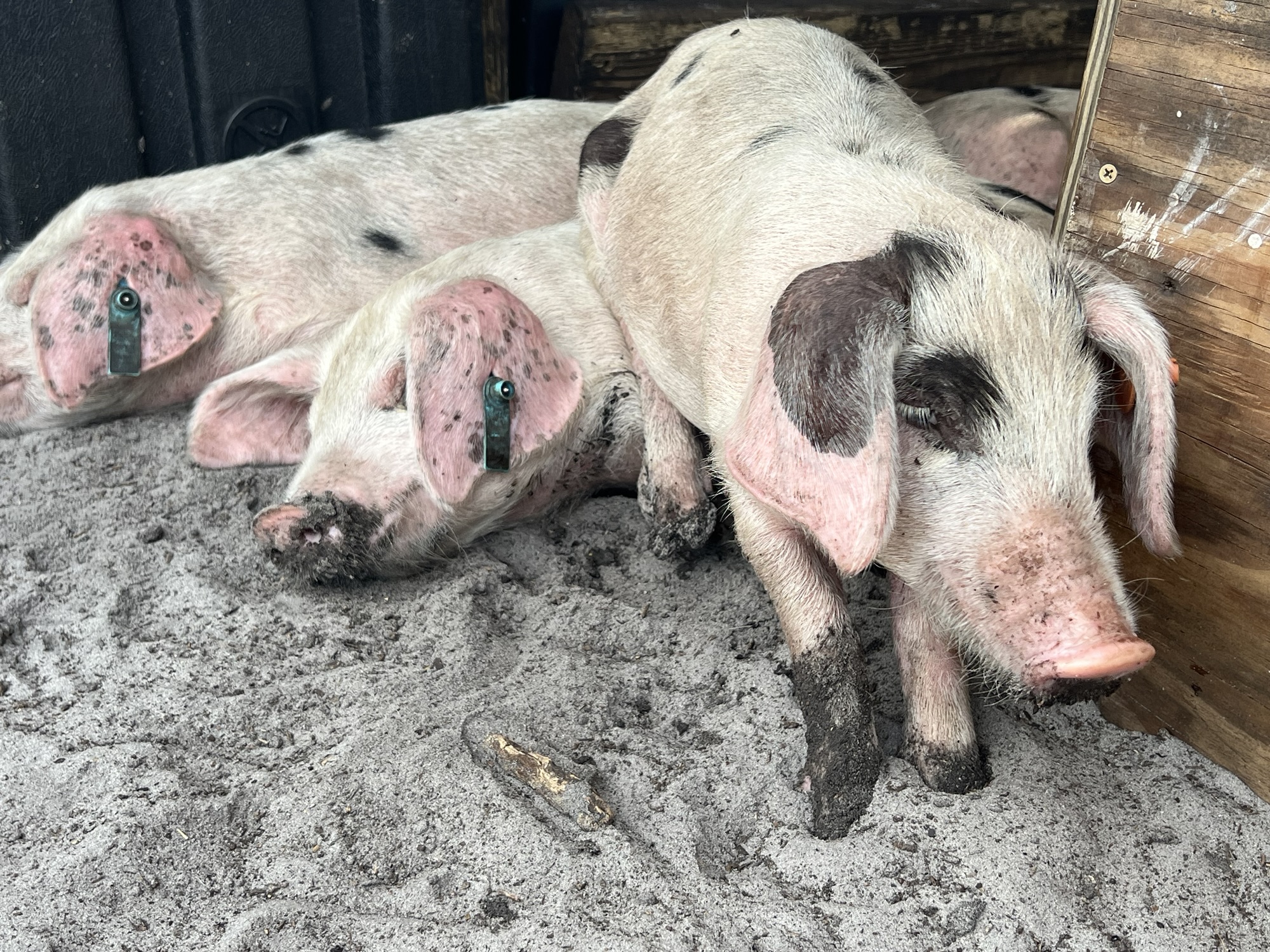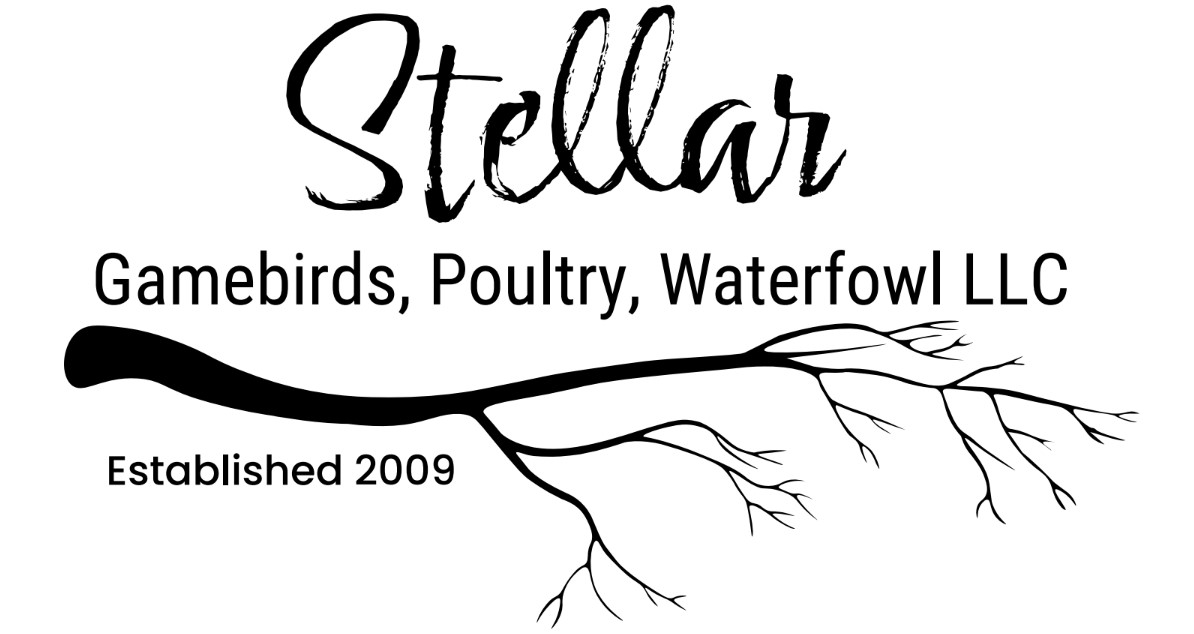In today’s fast-paced world, our food choices have become more convenient but often less connected to the sources of our nourishment. The price of grocery store meat is generally lower than that of locally raised, homegrown options. But behind those low prices lies a complex story involving industrial practices, environmental consequences, and the hidden costs of mass-produced food. Meanwhile, the importance of supporting local, sustainable farmers is more pressing than ever. By choosing locally raised, ethically sourced meat, we can drive much-needed change in a broken food system.
The True Cost of Grocery Store Meat
The meat found on grocery store shelves is cheaper because industrial farming has maximized efficiency to lower production costs. However, this often comes at the expense of animal welfare, nutritional quality, and the environment. Large-scale operations, known as CAFOs (Confined Animal Feeding Operations), prioritize producing high volumes of meat at a low cost. Here are some of the ways they achieve these lower prices:
• Confined Spaces: Animals in CAFOs are often raised in tightly packed facilities, where they lack adequate space to move around. This crowded environment can lead to higher stress levels in animals, making them more susceptible to illness.
• Antibiotics and Growth Hormones: To keep animals healthy in such confined conditions, industrial farms frequently use antibiotics. These drugs prevent the spread of disease in overcrowded spaces but also contribute to antibiotic resistance. Growth hormones may also be used to increase the rate at which animals gain weight, ensuring faster production cycles.
• Genetically Modified Feeds: Large commercial farms rely heavily on cheap, genetically modified corn and soy feed to quickly fatten animals. While cost-effective, these feeds are far from the natural diets animals would have in the wild. This unnatural diet can affect the nutritional profile of the meat, resulting in products that are less nutrient-dense than pasture-raised, naturally fed meat.
• Environmental Impact: Industrial farms contribute significantly to environmental issues, including greenhouse gas emissions, soil degradation, and water pollution. The vast monocultures required to produce cheap animal feed often involve chemical inputs that harm ecosystems, decrease biodiversity, and strip nutrients from the soil.
The result is a seemingly inexpensive product in the store, but the hidden costs—environmental damage, lower nutritional quality, and compromised animal welfare—are paid in other ways.
The Value of Supporting Local Farms
When you buy from a local farm, you’re choosing more than just a piece of meat; you’re investing in practices that prioritize the health of animals, the environment, and your family. Here are some of the benefits of buying locally raised, pasture-fed, and ethically sourced meat:
• Animal Welfare: Local farmers who raise animals on pasture prioritize their welfare. These animals roam freely, engage in natural behaviors, and eat species-appropriate diets. This is particularly important for animals like poultry, pigs, and grass-finished ruminants like cattle and sheep. A diet that aligns with an animal’s natural needs contributes to healthier, happier lives and better quality meat.
• Nutritional Benefits: Studies have shown that pasture-raised meat is often more nutrient-dense than conventionally raised meat. For example, grass-fed beef tends to have higher levels of omega-3 fatty acids, antioxidants, and vitamins than grain-fed beef. Choosing heritage breeds that are raised in natural environments can also yield meat with a more complex flavor profile and a higher nutritional value.
• Environmental Stewardship: Local, sustainable farms often practice regenerative agriculture, which seeks to restore and improve the health of the land. By rotating livestock, promoting biodiversity, and using organic farming practices, these farms work to reduce their environmental impact. Livestock raised on pasture help to naturally fertilize the soil, which in turn can reduce the need for chemical fertilizers.
• Building Community and Resilience: Supporting local farms fosters a sense of community. Knowing your farmer means understanding how your food is produced and being confident in its quality. Small farms also contribute to local economies, creating jobs and sustaining regional food systems that are less vulnerable to disruptions.
The Call for Change: How Supporting Local Farms Drives a New Food Movement
The food system today is under strain. Environmental concerns, questions about animal welfare, and health issues related to processed and industrially produced foods are on the rise. Choosing pasture-raised, ethically sourced meat helps drive change by supporting an alternative to the mass-production model. This choice is not merely about purchasing food; it’s about investing in a system that values sustainability, transparency, and ethical practices.
Eating a pasture-raised turkey, or any nourishing meat from ducks, geese, pigs, or grass-finished ruminants, is a step toward a more responsible and sustainable future. Each purchase contributes to a healthier planet and a food system that respects the land, animals, and consumers. By supporting local farms, we are voting with our wallets for a food system that aligns with our values.
How You Can Support Local Farms
If you’re inspired to make a change, here are some ways to support local farms:
1. Buy Directly: Many farms sell directly to consumers at farmers’ markets or through their websites. By purchasing directly, you can often speak with the farmers, ask questions about their practices, and see the care they put into their work.
2. Look for CSA Options: Community Supported Agriculture (CSA) programs allow you to buy shares of a farm’s products in advance. This helps farmers plan their operations while giving you access to fresh, seasonal food.
3. Choose Heritage Breeds: Heritage breeds are traditional livestock breeds that are adapted to natural environments and raised humanely. Choosing heritage meats can help preserve genetic diversity and promote sustainable farming practices.
4. Spread the Word: Educate your friends and family about the benefits of local, sustainable food. The more people understand the issues with industrial farming and the benefits of local agriculture, the more momentum we can build for positive change.
Be Part of the Solution
In a time when food choices have far-reaching impacts on health, the environment, and animal welfare, we all have the opportunity to make a difference. For things to change, they cannot stay the same. By choosing to shop local, support sustainable farmers, and favor heritage breeds, we can foster a food system that prioritizes health, ethics, and sustainability. When you know your farmer and the source of your food, you’re choosing not only nourishment but a commitment to a better future.
Let’s make this season a time to not only give thanks but also to make choices that reflect our values. Whether it’s a pasture-raised turkey or any nourishing meat from an ethically raised animal, let’s choose health, sustainability, and a future where our food system works for the good of all.









